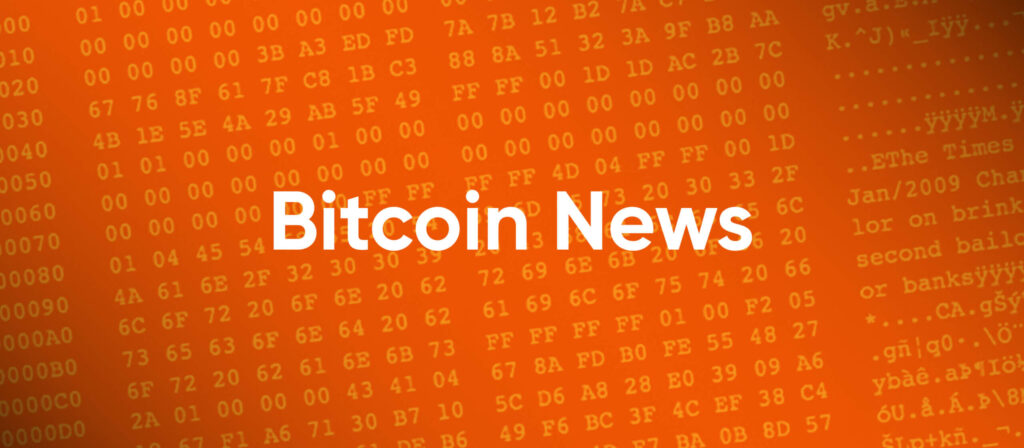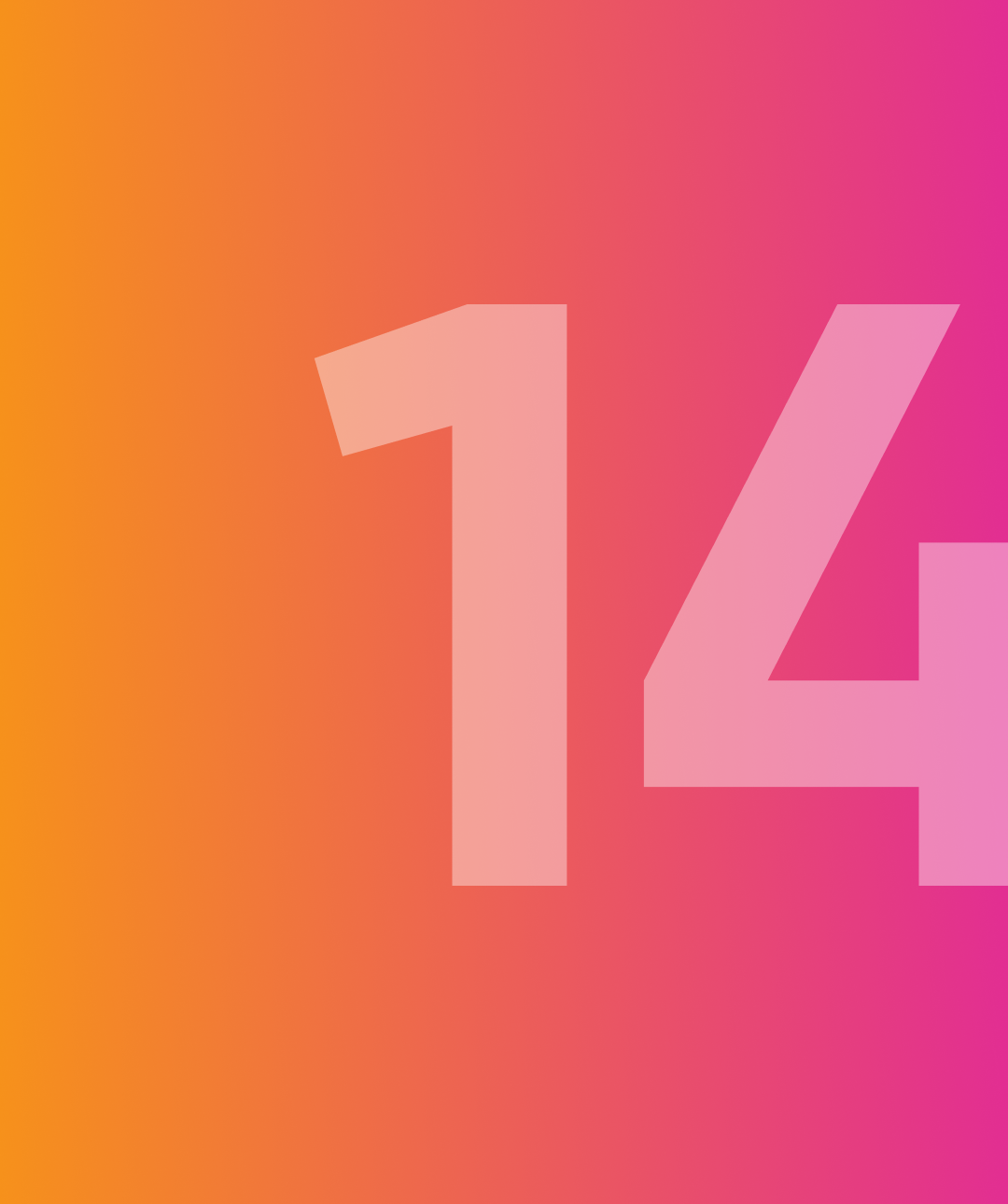The Financial Freedom Report is a newsletter focusing on the role currency and banking play in the civil liberties and human rights struggles of those living under authoritarian regimes. We also spotlight new tools and applications that can help individuals protect their financial freedom.
Good morning readers,
This week’s news focuses on the growing interest in central bank digital currencies (CBDCs) from governments. Turkey concluded its initial research phase, while Ghana revealed ambitious plans to launch its own CBDC. Meanwhile, Libyan officials are contemplating the removal of 50 dinar banknotes, Libyans’ preferred medium of savings.
In this tumultuous financial landscape, a life raft exists.
This week, bitcoin hit all-time high prices against 16 of the world’s 20 strongest fiat currencies, including the dollar, euro, and yen. Despite high interest rates and new financial controls, more people are turning to bitcoin to secure their financial future. Every day, a growing number of human rights advocates are using digital currency to accept donations, pay salaries, and run operations.
We end this week’s newsletter with some content from the archives, when the Human Rights Foundation’s (HRF) chief strategy officer wrote an essay in 2021 on why it will be difficult for governments to stop bitcoin given its clever incentive structure.
There’s a lot of ground to cover today, so let’s jump right in!

Turkey | Phase One of CBDC Research Complete
The Central Bank of the Republic of Turkey completed the initial phase of its Central Bank Digital Turkish Lira Project and released its evaluation report. This new tool would give the Turkish regime new ways to halt financial activities, seize assets, and block access to money for opposition activists and other vulnerable populations. It is estimated that more than half of Turkey’s 84-million-strong population has invested in digital assets like Bitcoin and stablecoins as people try to escape the collapsing lira. A CBDC attempts to close these exit ramps by taking cash out of the equation.
Ghana | New CBDC Plans
Presidential candidate Dr. Mahamudu Bawumia revealed his ambitious plans for Ghana’s retail CBDC, the eCedi. In its design paper, the Bank of Ghana (BoG) outlined how the eCedi would be under the complete control of the BoG, fully compliant with Know-Your-Customer/Anti-Money Laundering laws, and subject to extensive monitoring and regulatory policies. This is particularly alarming when we consider Ghana’s recent legislation aimed at cracking down on the rights of LGBT people and activists. With CBDCs, money has the potential to become a system of oppression, and the Ghanaian government is not hiding who its targets might be. If rolled out nationally, the eCedi is likely to curtail the rights and freedoms of minority groups.
Libya | Demonetization of 50 Dinar Banknotes
Libya is contemplating the removal of 50 dinar banknotes from circulation, citing their high rate of counterfeiting, use in illegal activities, and low transaction velocity. This potential withdrawal would be an aggressive move, given that these notes constitute Libyans’ preferred medium of savings due to their high denomination. The Libyan House of Representatives stated that any decision to proceed must come with an announcement, and there would be a six-month grace period before any action is taken. Either way, such measures will severely impact the 35% of Libyans who remain unbanked and use cash as their primary means of savings, and they are a de facto way for the state to assert more control over the economy.
Venezuela | “Forced Disappearance” of Digital Security Activist
One of Venezuela’s best-known security experts, Rocío San Miguel, was detained and disappeared for several days. Soon after her disappearance, her daughter, two brothers, and two former romantic partners also went missing. San Miguel is known for her research into the country’s authoritarian regime, her investigations into the people killed by state security forces, and her criticism of a Venezuelan law allowing the use of deadly force during protests. Maduro’s regime is known to freeze the bank accounts of high-profile dissidents as part of its crackdown on opposition figures — like opposition leader Juan Guaidó. In addition to financial blockades, these forced disappearances are a way to stifle dissent and create a new era of repression.
Egypt | Currency Devaluation
The United Arab Emirates (UAE) is investing $35 billion to bail out the Egyptian dictatorship and develop an area about 350 kilometers northwest of Cairo called Ras El-Hekma. This was followed by the Central Bank of Egypt (CBE) increasing interest rates by 6% and moving the Egyptian pound toward a floating exchange rate. Consequently, the currency weakened beyond 50 pounds to the dollar, marking a 40% devaluation.
The widely anticipated move secured Egypt an $8 billion loan from the International Monetary Fund (IMF), conditional on floating the currency. While this devaluation could ease government debt burdens, attract foreign investment, and boost export competitiveness, it comes at the expense of the country’s 109 million citizens, who are shouldering the brunt of the country’s economic hardships. Egypt is facing a 30% inflation rate, an inability to buy essential goods or save money, heightened political instability, and foreign currency shortages. With all this said, HRF is proud to support efforts to expand Bitcoin education in Arabic via various partners through its software development fund.
Bitcoin | 5th Largest Base Money
This week, Bitcoin hit all-time highs against numerous leading currencies, achieving record-breaking prices against 16 of the world’s 20 strongest fiat currencies. The rally moved Bitcoin past the British Pound and placed the decentralized, open-source currency as the 5th largest base money in the world. Bitcoin also surpassed the global market capitalization of silver, a metal trusted as currency for thousands of years. Users can expect volatile conditions as the world grapples with new monetary technology, but long-term trends indicate a slow and steady march of increased Bitcoin adoption globally, especially in authoritarian regimes.

Democratic Activism | NGO Adoption and Education
In a panel discussion filmed this past weekend at Bitcoin Atlantis in Madeira, Portugal, Russian activist Anna Chekhovich and HRF Senior Program Officer Jhanisse Vaca-Daza discussed how NGOs worldwide are adopting bitcoin. Chekhovich explained how Vladimir Putin’s regime used the fiat banking system to oppress Alexei Navalny’s Anti-Corruption Foundation, freezing their account and stealing their funds. It forced Chekhovich’s team to turn to bitcoin to accept donations, pay salaries, and run operations. Vaca-Daza, who’s also the founder of an environmental movement called Ríos de Pie, explained how she used bitcoin to raise money to combat the wildfires in the Bolivian Amazon rainforest. Though bitcoin empowers activists to operate under dangerous political environments, challenges abound, including lack of education and access to networks, security issues, sanctions, and few incentives for donors to use bitcoin. Listen to their compelling insights.
Voltage | Improved UI
Voltage, a leading Lightning Service provider, released its most significant update yet: a revamped and streamlined dashboard consolidating elements and introducing team support. Voltage builds infrastructure to optimize the ability of enterprises, civil society organizations, and individuals to use the full value of Bitcoin and the Lightning Network and to facilitate decentralized and instant payments. Last year, HRF and Voltage partnered to help dissidents and NGOs quickly, easily, and safely accept bitcoin donations. If you are an NGO interested in getting help with incoming Lightning donations, please contact [email protected].
Strike | Expands Bitcoin Services Into Africa
Strike, a Bitcoin and Lightning payments app, announced its expansion into Africa, targeting Gabon, Ivory Coast, Malawi, Nigeria, South Africa, Uganda, and Zambia. CEO Jack Mallers emphasized Strike’s vision of providing global access to Bitcoin. “To realize this vision, we’ve been hyper-focused on expanding our Bitcoin and Lightning services to as many markets as possible with as many on and off-ramps as possible,” Mallers said. With many African nations facing high inflation rates and censorship and significant portions of the population being unbanked, Strike aims to provide another avenue for individuals to access money beyond the control of their corrupt governments.
Eclair | Support for Dual Funding and Splicing
Eclair, an implementation of the Lightning Network used by the Phoenix wallet, addedsupport for dual funding and a prototype for splicing functionality to its software library. Wallets built on Eclair can now designate their funding transactions as Replace-by-Fee (RBF), enabling wallet users to replace their transactions with a higher fee, preventing stuck transactions. Adding a splicing prototype adds further enhancements that allow for the resizing of Lightning channels. These additions will help users save money and be more efficient as they navigate payments on the Bitcoin network.
Bitcoin Student Network | One-Stop Platform For Students In Bitcoin
The launch of the Bitcoin Students Network (BSN) at the Bitcoin Atlantis conference in Madeira is a significant milestone for student engagement in the realm of Bitcoin. Developed by Generation Bitcoin and co-founded by HRF’s Arsh Molu, BSN serves as a hub for students interested in Bitcoin and provides them with logistical, educational, and financial support. “For students, BSN offers a plethora of opportunities, including starting or growing university Bitcoin clubs, accessing educational and job opportunities, and connecting with like-minded individuals in the Bitcoin community,” Bitcoin Magazine said. BSN will empower students with the skills to participate in the digital, global, and decentralized economy of the future.
Recommended Content
Can Governments Stop Bitcoin?
Since its launch in 2009, bitcoin has thrived despite various attacks, including network attacks on its software and hardware infrastructure, regulatory threats, and legal attacks on its users. Yet skeptics still question: Can governments stop bitcoin? According to HRF Chief Strategy Officer Alex Gladstein, such attempts are doomed from the start. “The answer is that there are political and economic incentives for more and more people to push the system forward and strengthen its security, and strong political, economic, and technical disincentives that discourage attacks,” Gladstein said. Any attempt to disrupt the protocol would be difficult and costly for governments with no guarantee of success. This is why bitcoin has remained unstoppable over the last 15 years and why the number of global users, developers, and new applications being built on top of it only keeps rising. Read this article to uncover why governments have few options against ongoing Bitcoin adoption.
Oslo Freedom Forum | Reserve Your Spot
Human rights advocates from around the globe will take the Oslo Konserthus stage on June 3-5, 2024, to share their efforts to defy repression and speak out against injustice. This year’s theme, Reclaim Democracy, emphasizes the pivotal role every individual plays within the global movement for democracy. The Financial Freedom team is looking forward to creating a program track exploring the role open-source money plays in preserving our human rights and civil liberties. Use the code 2024OFF to get an early bird discount on your ticket.
Want to contribute to the newsletter? Submit tips, stories, news, and ideas by emailing [email protected].
The Bitcoin Development Fund is accepting grant proposals on an ongoing basis. The Bitcoin Development Fund is looking to support Bitcoin developers, community builders, and educators. Submit proposals here.







